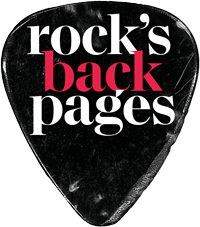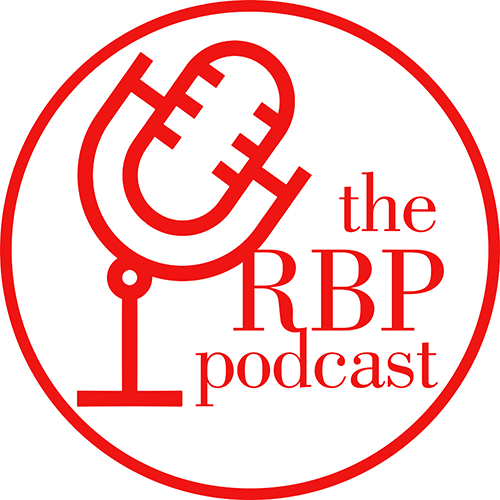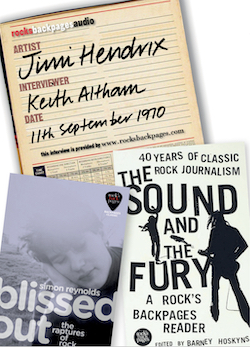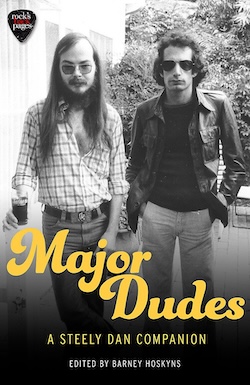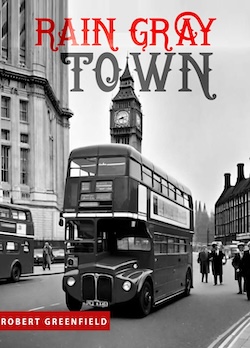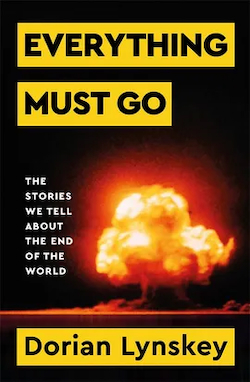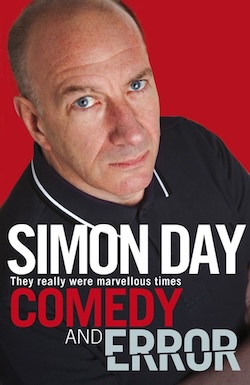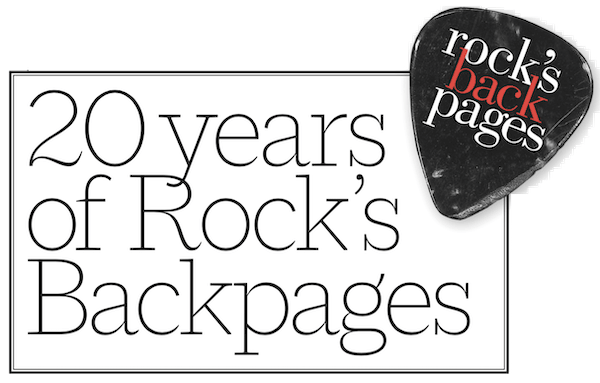William Russo
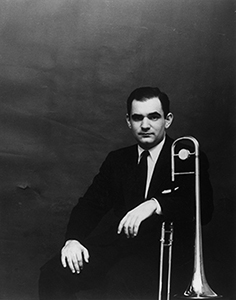
William Russo 1928-2003
Born in Chicago, Bill Russo was a fourth generation professional musician who's family came from Italy. His father and eight uncles were all accomplished musicians. He grew up as a child watching his Uncle Danny Russo conduct Chicago's Palace Theater Orchestra. But Russo was swayed by jazz as a young boy living near Chicago's Rush Street where much music was performed in the various night spots. He began studying with Lennie Tristano, the blind genius of jazz piano and composition.
Russo was arranging scores for Fletcher Henderson, and touring while still in his mid-teens. He had his own jazz orchestra soon after and began teaching and also wrote for Downbeat magazine. Russo was discovered by Stan Kenton and became one of Kenton's chief arrangers, touring with one of the Kenton all-star bands including Lee Konitz, Maynard Ferguson, Bill Holman, etc.
From there, Russo wrote what was called Third Stream music, the fusing of classical and jazz. His stellar Titans Symphony No. 2 featuring jazz trumpet virtuoso Fergusson, was chosen for performance by Leonard Bernstein in Bernstein's seminal first year conducting the New York Philharmonic in 1959.
Russo worked with Cannonball Adderley, Stan Getz, Gerry Mulligan, Charlie Parker and Annie Ross to name but a few. His friend and main mentor, however, was Duke Ellington.
Russo moved to London in 1962 and was received with considerable acclaim because of the many Kenton fans there which would include, of course, Brian Jones and Charlie Watts of the Rolling Stones. Russo was on the cover of Melody Maker more than once in the mid-50s.
Russo started the London Jazz Orchestra in the same year. The Island, a jazz opera starring Cleo Laine, was broadcast by the BBC in stereo in 1961, and was one of the first such experiments that no doubt led to further such experimentation like Quadrophenia.
His first book, Composition for the Jazz Orchestra, was praised in a review in 1963 by jazzman Manfred Mann of British Blues fame. John Barry, composer of James Bond fame, was a student of Russo and Barry credited Russo as being responsible for half his 007 sound. (Eddi Fiegel, John Barry: A Sixties Theme, Box Tree, London, 2001, p.95)
Russo's students in London included Richard Peaslee of Marat/Sade fame and Patrick Gowers who wrote the sound track for the Granada TV's The Adventures of Sherlock Holmes.
Russo's career was going splendidly in Britain despite the BBC reneging on a second opera, The Land of Milk and Honey, because it shed too much light on the racial problems in Notting Hill.
Nonetheless, Russo was forced to return to Chicago in 1965 because of a family illness. There he founded the music department at Columbia College and the Chicago Jazz Ensemble.
Chess Records were being played at home by his eldest and Russo began to switch genres again. In 1966, he began going to blues bars in Chicago. Soon Russo and Seiji Ozawa, the famous classical conductor, were performing Russo's Three Pieces for Blues Band and Symphony Orchestra with the Siegel-Schwall Blues Band. It was later recorded by Deutsche Gramafon and became quite a hit.
In 1967, Russo took the opera that the BBC had rejected in 1964 and began performing it in the inner city high schools of Chicago with great success. Then he started experimenting with rock music.
He founded the Free Theater in 1968 and performed free concerts of rock cantatas such as his The Civil War, which was written about the Kennedys and Martin Luther King, Jr. Russo's piece about Che Guevara called Liberation got a rave review in 1969 in Rolling Stone magazine by John Burks, managing editor.
Russo continued to work in Chicago over the next several decades teaching and performing at home and abroad. In the early 90s, he resurrected the Chicago Jazz Orchestra which rivalled Wynton Marsalis's band as America's top jazz band in the early 2000s.
Before his death, Russo composed his last piece Jubilatuum, and performed live at the Jazz Showcase in Chicago a few days before dying on January 11th, 2003.
3 articles
List of articles in the library
Don Cherry: Complete Communion (Blue Note 4226)
Review by William Russo, Downbeat, 28 July 1966
Personnel: Cherry, cornet; Leandro (Gato) Barbieri, tenor saxophone; Henry Grimes, bass; Edward Blackwell, drums. ...
Review by William Russo, Downbeat, 6 October 1966
Rating for all: ★★½ ...
John Coltrane: Meditations (Impulse 9110) *
Review by William Russo, Downbeat, 1 December 1966
Personnel: Coltrane, Pharoah Sanders, tenor saxophones; McCoy Tyner, piano; Jimmy Garrison, bass; Elvin Jones, Rashied All, drums. ...
back to LIBRARY


